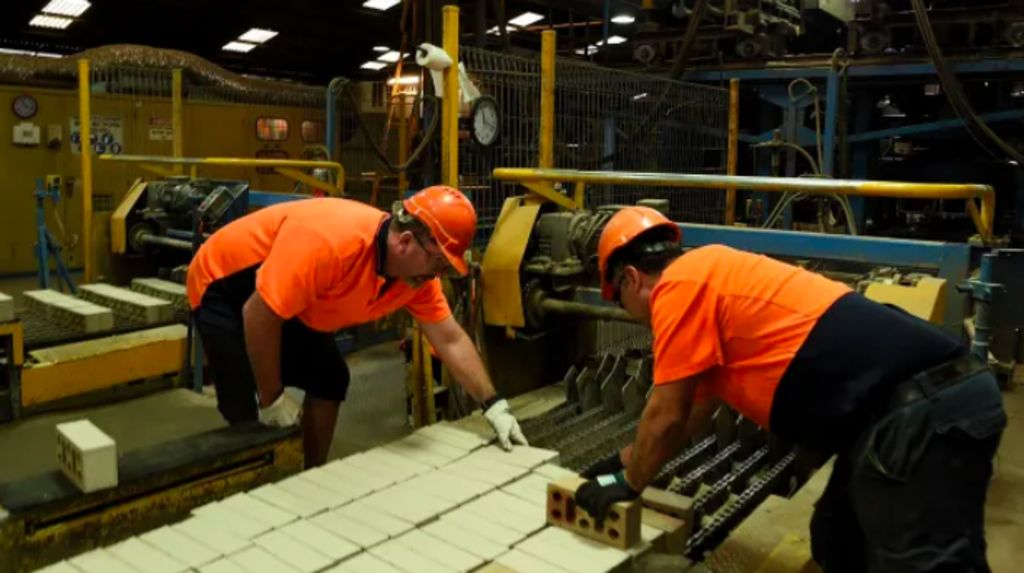
Building material verification scheme at risk of collapse
The country’s main system to verify the quality of imported building products is at risk of collapsing after the federal government suspended the largest verification body over concerns about its assessment processes.
Commonwealth body JAS-ANZ earlier this month suspended CertMark International, which issues the majority of certificates of verification under the CodeMark scheme, over concerns about CMI’s processes to verify that products conform with Australia’s National Construction Code.
Concerns about the validity of certificates have long dogged the certification scheme, a voluntary one suppliers and manufacturers can sign up to for proof their product meets building code requirements. In February, CMI withdrew the certificates of conformity of nine different cladding panels after JAS-ANZ raised questions about its processes.
In a confidential email to Australian Building Codes Board members earlier this month, ABCB general manager Neil Savery warned CMI’s suspension put the viability of CodeMark into question.
“Action taken by JAS-ANZ in relation to certifying bodies may be seen by some as a sign the administration of the [CodeMark] scheme continues to improve, albeit at a slow pace,” Mr Savery wrote in the email.
“By others, it may be seen as further demonstration that the participating certifying bodies are not competent to practice or that the scheme is not fit for purpose.”
The withdrawal of CodeMark certification of any product – especially one as contentious as facade panels – does not automatically mean the product fails to comply with building code requirements. CMI’s suspension, which gives the company 60 days to rectify the problems raised, relates to the processes of the certifying body, rather than the product itself.
CMI was contacted for comment on Monday. In a March statement it said it was liaising with the ABCB on the matter.
But an Australian building industry already beset by the growing crises of defects – of which combustible cladding is just one type – and a failure of practitioners to secure insurance is dependent on the import of materials that are fit for use and will perform as they are required to do.
On Monday, Mr Savery confirmed his concerns but said there were other ways for imports to show they met standards.
“I do have a concern about the ongoing viability of CodeMark, however, it is important to point out that CodeMark is a voluntary scheme and has a very small number of certified products,” he told The Australian Financial Review.
“In this respect the vast majority of products being used on construction sites are therefore using other forms of evidence of suitability to satisfy practitioners that they are fit for their intended purpose.”
However, the CMI suspension put all verification schemes under a cloud, said construction lawyer Bronwyn Weir, the co-author of a set of reforms that all states and territories last week agreed to cooperate in implementing.
“If you have a CodeMark scheme which has JAS-ANZ operating it and it has some layer of oversight and integrity to it and that scheme is being called into question, what sort of assurance can we have from certificates issued by authorities outside of the CodeMark scheme?” Ms Weir told the Financial Review.
JAS-ANZ chief executive James Galloway said his organisation suspended CMI because it had concerns from a “conformity assessment” perspective.
“We are saying we didn’t think there was an unbroken chain of evidence to support the certification,” Mr Galloway told the Financial Review.
The panels that had their certification withdrawn in February were free to approach alternative providers to get recertified. However, four of them were not seeking recertification, JAS-ANZ general manager for accreditation Stephen Keeling said. He declined to name them.
The suspension is likely to boost momentum for the adoption of a national compulsory scheme. Industry is crying out for it.
“We do know people fake these things,” architect Geoff Hanmer said.
“If we want take advantage of developing country wages to supply products, we’ve got to make sure those producers are complying with Australian standards. We need a system that will do that.”
Get a weekly roundup of the latest news from Commercial Real Estate, delivered straight to your inbox!







